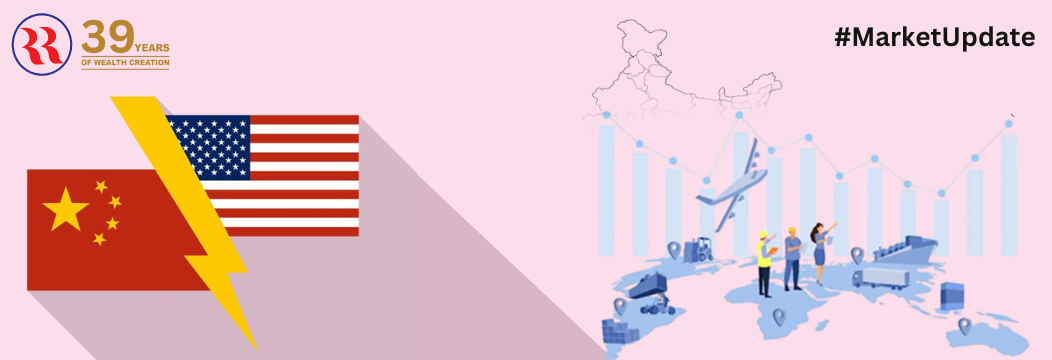The possible return of Donald Trump to the White House has raised concerns about a more protectionist approach in the world's largest economy. Experts have expressed apprehension over his strong criticisms of existing trade policies, particularly concerning China and India, and his opposition to outsourcing American jobs. This stance could lead to significant shifts in global trade dynamics, potentially altering international economic relationships and trade agreements.

Donald Trump may exert pressure on New Delhi to further reduce trade tariffs, while simultaneously tightening U.S. visa regulations for skilled workers from other countries. Such a move could significantly affect the Indian IT sector, which relies heavily on deploying skilled professionals to the United States. This combination of trade and immigration policies may reshape trade dynamics and influence the operational landscape for Indian technology firms.
India May Gain From Supply-Chain Shifts and Stronger U.S. Strategic Ties Despite Trade and Visa Challenges
While potential challenges in trade and visa policies may arise, India could see significant advantages stemming from anticipated supply-chain shifts away from China and deeper strategic and defense collaborations with the United States. Experts believe that under a Trump administration, India’s growing role as a counterbalance to China could become even more pronounced. This enhanced positioning may pave the way for greater economic and strategic opportunities, potentially outweighing the drawbacks on the trade and immigration fronts.
The revival of trade tensions between Washington and Beijing appears likely as Donald Trump’s "America First" stance could lead to heightened tariffs on Chinese goods. This approach, aimed at correcting the trade imbalance, might present India with an opportunity to enhance its supply of goods to the U.S. market. By targeting China with stricter trade measures, there could be a shift that allows India to expand its role as a key supplier, fostering closer trade ties with the U.S.
India's Economic Structure Could Shield It From Potential Tariff Impact
Due to its more domestically-driven economy, India is expected to be less vulnerable to potential U.S. tariffs compared to China. Experts estimate that increased tariffs under a renewed "America First" policy could have a significant impact on China's GDP, while more open economies in the region might also experience considerable challenges. In contrast, India’s internal market orientation may offer resilience, positioning it more favorably amid potential trade shifts.
Conclusion: While Trump's "America First" policy may reignite trade tensions with China, India stands to benefit from the shifting supply chains and its resilience to tariff impacts. By capitalizing on these opportunities, India could strengthen its trade ties with the U.S. and enhance its role as a strategic partner in the region.
About RR Finance
An integrated financial services group, offering a wide range of financial products and services to corporations, institutions, high-net-worth individuals, and retail investors
Explore a wide range of investment opportunities with RR Finance
Disclaimer: The recommendations, suggestions, views, and opinions expressed by experts are their own and do not reflect the views of RR Finance. This news is for information purpose only, not an investment advice.